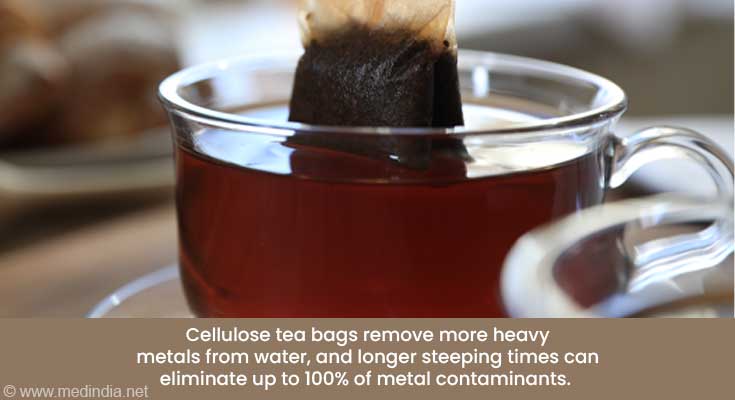Brewing tea can naturally remove harmful heavy metals like lead from drinking water, reducing health risks with every cup.
- Tea leaves adsorb heavy metals like lead and cadmium from water
- Cellulose tea bags and longer steeping times improve metal removal
- Regular tea consumption could reduce heavy metal exposure globally
Brewing Clean Water: The Metal-Remediating Benefits of Tea Preparation
Go to source).
Tea’s Surprising Role in Reducing Heavy Metals
Researchers tested various teas, including black, green, oolong, white, chamomile, and rooibos. Both loose-leaf and bagged teas were evaluated. Water solutions with known metal concentrations were steeped with tea for periods ranging from seconds to 24 hours. The researchers measured metal content before and after steeping, confirming that tea leaves effectively adsorb heavy metals.
Impact of Tea Bags and Steeping Time
The study found that cellulose tea bags adsorb more heavy metals than cotton or nylon bags. Nylon bags are also concerning due to microplastic release. Cellulose, made from wood pulp, has a high surface area, making it more effective for metal adsorption. Longer steeping times significantly improve metal removal, with finely ground black tea performing best due to increased surface area from processing.On average, brewing tea for 3–5 minutes can remove about 15% of lead from drinking water, even at toxic concentrations like 10 parts per million. Steeping for longer periods, such as overnight for iced tea, increases this effect. Although not a replacement for proper water filtration, tea brewing could complement public health strategies, potentially lowering heart disease and stroke rates linked to heavy metal exposure.
Reference:
- Brewing Clean Water: The Metal-Remediating Benefits of Tea Preparation - (https://pubs.acs.org/doi/10.1021/acsfoodscitech.4c01030)
Source-Medindia
















